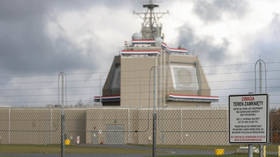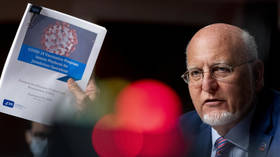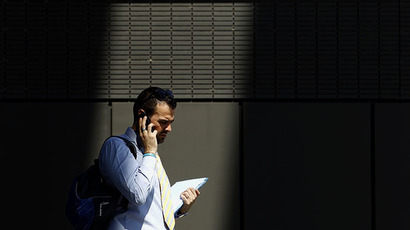Argentina, Brazil agree on cyber-defense alliance against US espionage

Defense ministers of Brazil and Argentina have pledged to cooperate closely to improve cyber defense capabilities following revelations of the scale of US spying on Latin American countries.
“We need to reflect on how we cooperate to face these new
forms of attack,” Brazil's defense minister, Celso Amorim,
said at a conference in Buenos Aires.
“We have established that we will hold a meeting in Brasilia
before the end of the year to intensify our complementarity in
the matter of cyber defense,” Argentine defense minister
Agustin Rossi said after talks with his Brazilian counterpart.
The ministers signed a broader military cooperation agreement on
Friday.
The countries have agreed that later this year, Brazil will host
a bilateral cyber security meeting. And starting in 2014 Brazil
will provide cyber warfare training to Argentine officers.
The combined efforts will allow Brazil and Argentina to
“diminish situations of vulnerability,” Rossi said.
Amorim noted the countries’ software industries have “great
capacity” that could support any initiatives in the cyber
defense area.
The scandal that prompted the countries to boost their cyber
security broke after former NSA contractor Edward Snowden
revealed that the NSA’s spy program encompasses most countries in
Latin America.
Early September, Brazil’s TV Globo reported that the NSA
intercepted telephone calls and e-mails of Brazilian President
Dilma Rousseff and Mexican leader Enrique Pena Nieto. A week
later is was revealed that the US government also retrieved key
data on a number of issues including the oil market, drugs trade
and political movements in the Latin American countries

To smother the scandal, US President Barack Obama pledged to work with Brazil and Mexico to address their concerns over US spying.
Obama “committed himself to responding to the Brazilian government,” Rousseff said at the G-20 summit in Russia and whether she makes a planned state visit to Washington next month depends on his response.
US spying was not driven by security or anti-terrorism concerns, but by "economic and strategic interests," Rousseff said this week, demanding that the US take "concrete measures” to stop such espionage.














